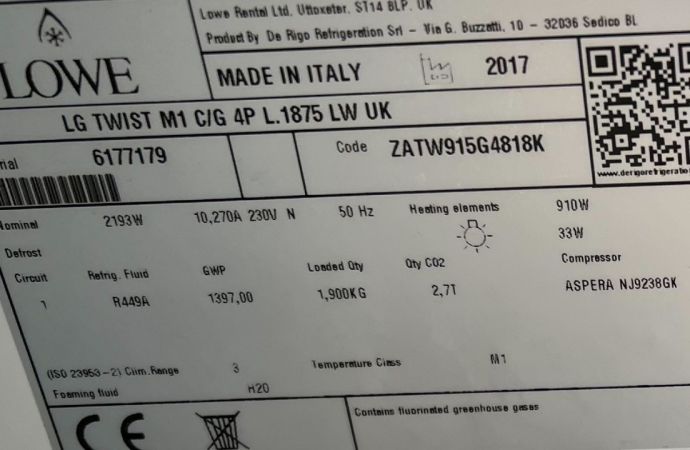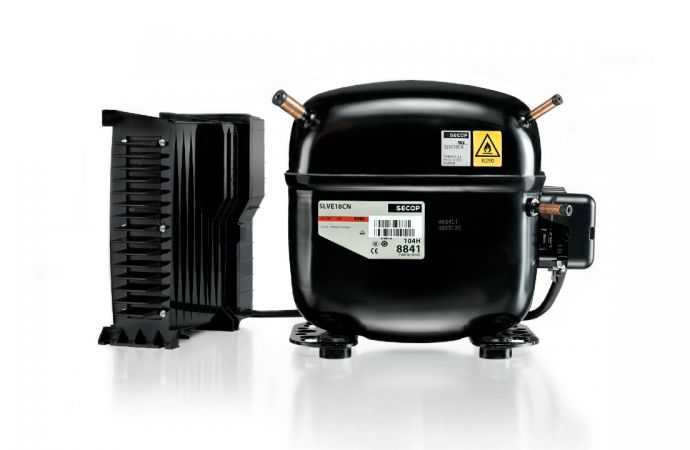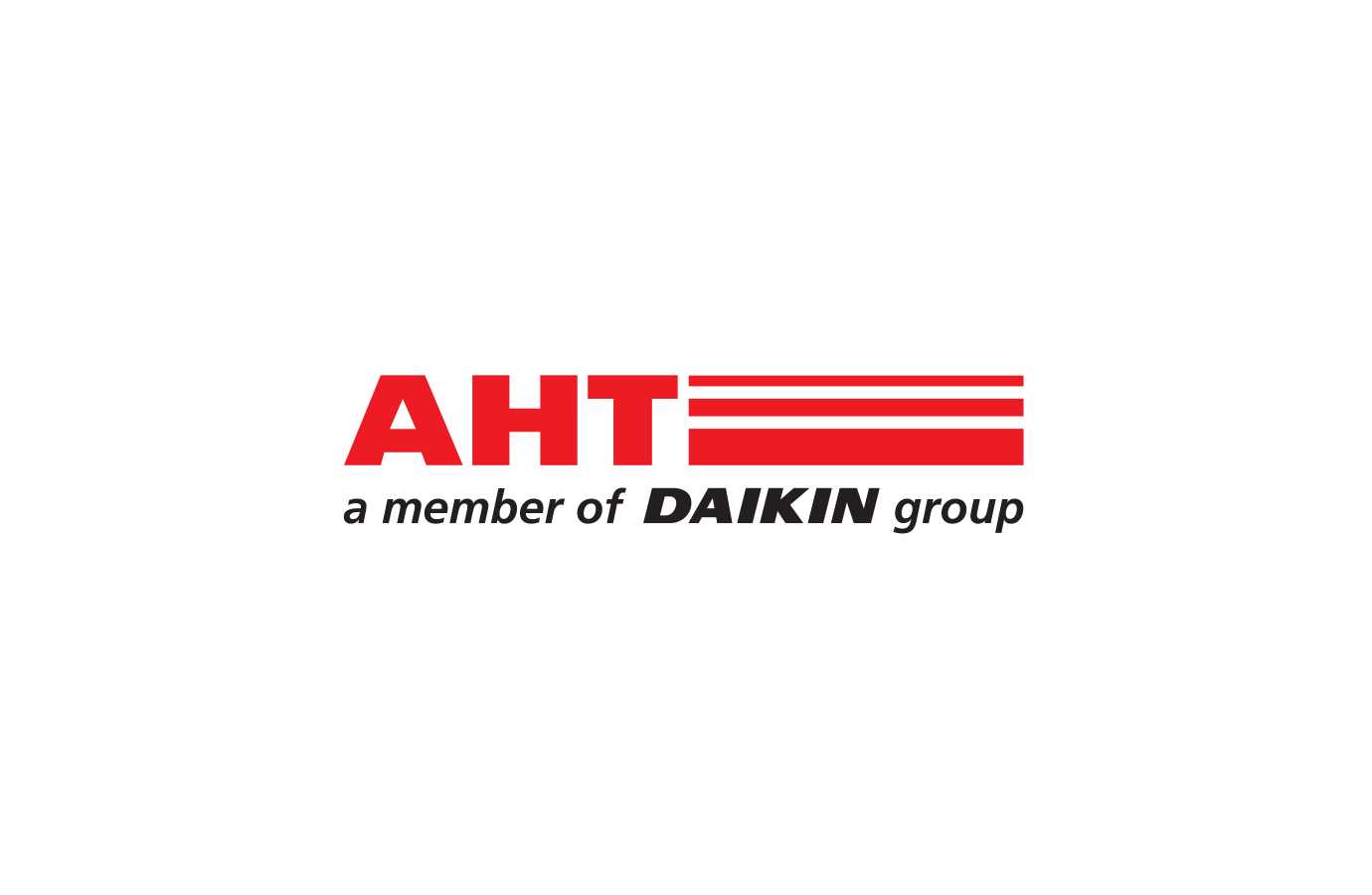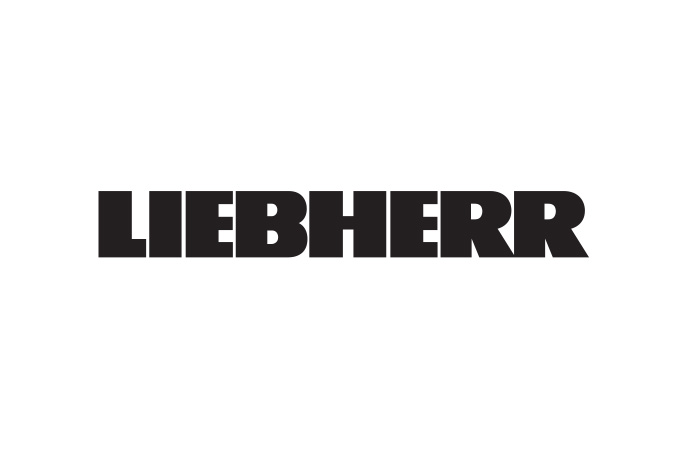Several global suppliers of plug-in hydrocarbon cabinets are stepping up their presence in the Japanese market.
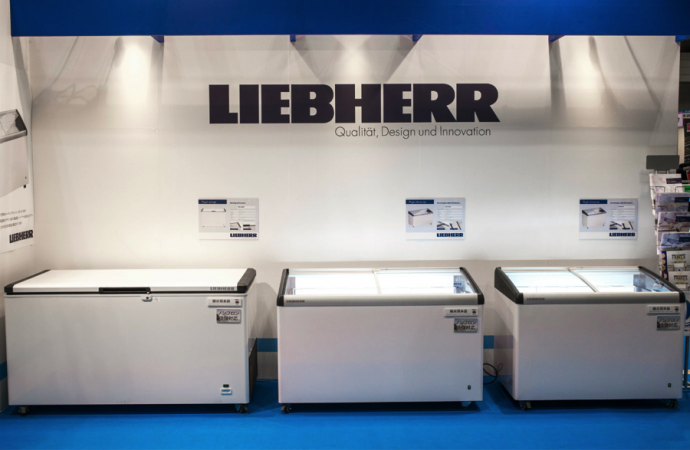
Liebherr hydrocarbon display cases at SMTS, Tokyo
While the CO2 technology market in Japan has recently seen announcements of new condensing units from Panasonic and Mitsubishi Heavy Industries Thermal Systems, uptake of hydrocarbon equipment has been slower to pick up speed – particularly compared to Europe, where propane has already been adopted as a standard refrigerant. Yet there are signs that this is beginning to change – with international suppliers keen to get in on the act.
Japanese distributors Kanoureiki and Rei-tech were among the 1,494 local and international companies exhibiting at this year’s Supermarket Tradeshow in Tokyo (15-17 February). They were displaying propane (R290) and isobutane (R600a) plug-in showcases from four major European manufacturers: Liebherr, IARP, Krea, and AHT.
Among the Kanoureiki showcases on display was the R290-based PALAU ‘island’ model. The firm is confident that modular showcases are more suitable for the Japanese market.
Portuguese manufacturer Fricon, a global hydrocarbon plug-in showcase supplier, was attending for the second time having reported a spike in product inquiries from end users in Japan.
Fricon featured two of its successful R290 plug-ins: the Coolcell, an R290 beverage unit, and the Combi, an R290 retail freezer showcase.
Leading CO2 equipment manufacturer Panasonic – in a move that signals growing Japanese interest in and acceptance of hydrocarbons – was displaying at its booth hydrocarbon plug-in units by Italian manufacturer IARP.
Rei-tech sees success with R290
Japanese supplier Rei-tech has already seen a lot of success selling Austrian display case manufacturer AHT’s ‘Paris’ R290 plug-in showcase model, selling around 50-100 units per year.
This success encouraged Rei-tech to continue investing in R290. At the end of last year, it partnered with German manufacturer Liebherr to add three additional R290 plug-in showcases to its line-up.
Rei-tech has also been receiving positive feedback from customers, who report low maintenance costs and higher efficiency. It has also seen increased sales thanks to innovations including bright LED lighting and wind-less cooling systems that eliminate frost from products.
Hydrocarbons slow to pick up in Japanese market
The Japanese market has traditionally been hesitant to adopt R290 for commercial and light commercial applications due to safety concerns linked to flammability.
Last year, there were only about 150 R290 plug-in showcases in Japan. That number is estimated to reach 300 early this year.
This stands in stark contrast to global growth of hydrocarbon use in supermarket plug-in showcases. As reported by leading R290 showcase supplier AHT, there are over 700,000 units in Europe today, with that number estimated to reach 1,000,000+ units worldwide by early 2017.
All companies spoke of facing the same challenges in introducing hydrocarbon plug-in showcases in Japan. One major issue is that end-users are simply unaware of the f-gas regulations already in place in Japan. Users need to know that they are required by law to reduce the amount of HFCs they use in their stores.
In Europe, after just two years of [R290] training for the technicians, there was no problem! It was very easy [to use it safely].”
– Isabel Azevedo, Managing Director, Fricon Refrigeration
Outdated misconceptions over safety
There are also still outdated misconceptions about the safety of using propane as a refrigerant. “People are afraid of using the gas. They think that it’s explosive. But in Europe, after just two years of training for the technicians, there was no problem! It was very easy,” said Isabel Azevedo, managing director of Fricon.
The three companies are unanimous in their belief that smaller rather than larger end users will drive R290 adoption in Japan. Although they would love to see a top-down approach with support from the government and larger supermarket chains, they think the more realistic path to wider adoption is to target small and midsized companies.
Related stories


